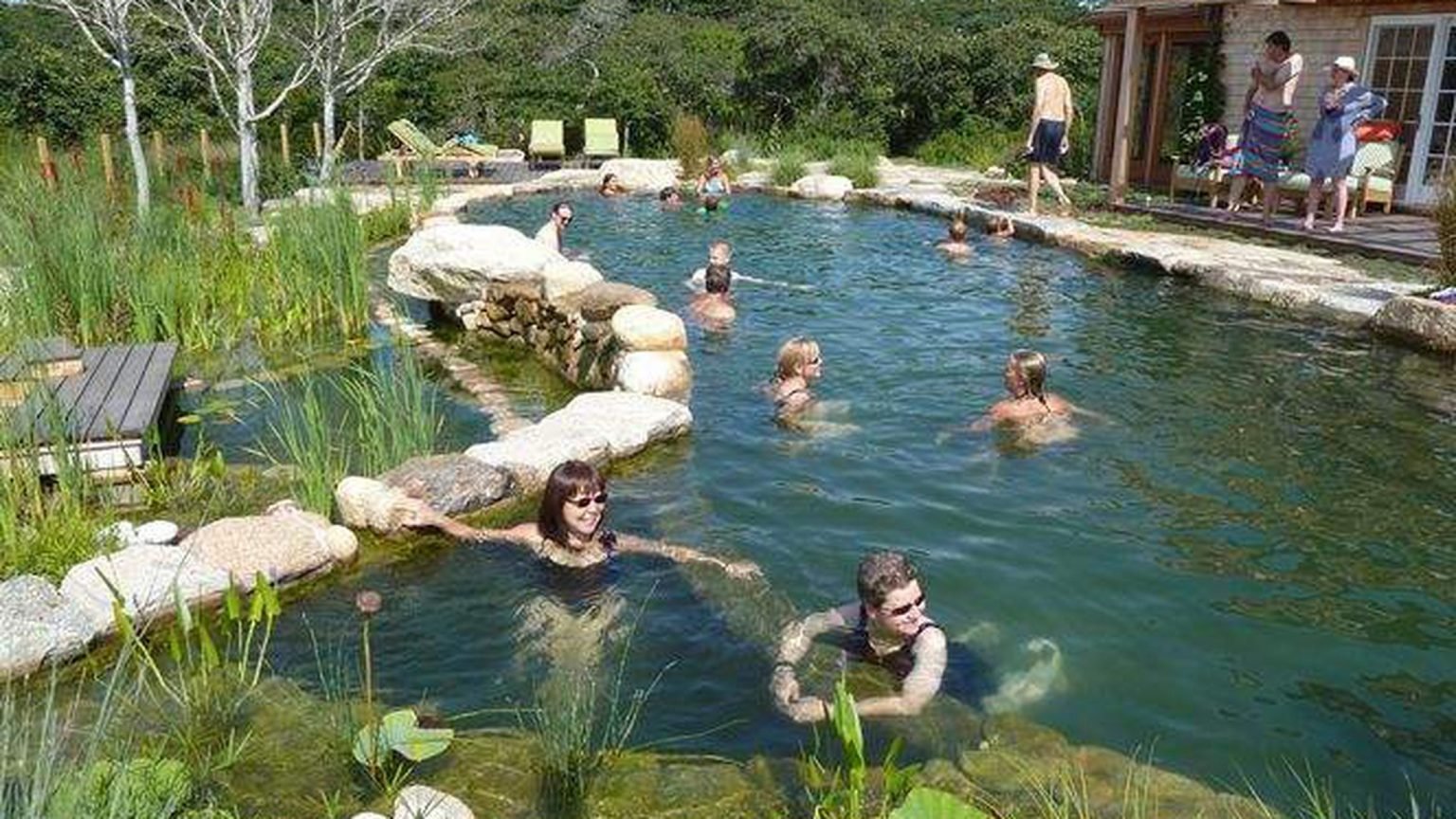1. Introduction
Swimming pool maintenance is crucial for an enjoyable and safe aquatic experience. The use of pool salt in saltwater swimming pools has gained popularity as an alternative to traditional chlorine-based systems. This review delves into the intricacies of pool salt, exploring its benefits, usage, effectiveness, maintenance, and cost-effectiveness.
2. Benefits of Pool Salt for Saltwater Swimming Pools
Pool salt offers numerous advantages for saltwater pools. Firstly, it provides a more natural swimming experience, as the water feels softer on the skin compared to chlorine-treated pools. Additionally, pool salt eliminates the harsh chemical odor often associated with chlorine.
Transitioning to a saltwater pool can also result in reduced skin and eye irritation for swimmers, making it a preferred choice for individuals with sensitive skin or allergies. Moreover, saltwater pools tend to require less maintenance, as the salt chlorinator generates chlorine continuously, reducing the need for frequent chemical adjustments.

3. How to Use Pool Salt
Using pool salt effectively involves understanding the proper application. Generally, the salt is added directly to the pool water and dissolved using a circulation system. The ideal salt level for a saltwater pool typically ranges between 2,500 to 4,000 parts per million (ppm). It’s crucial to follow manufacturer guidelines and conduct regular water tests to maintain optimal salt levels.
4. Effectiveness and Efficiency
The effectiveness of pool salt in maintaining water quality is noteworthy. The salt chlorination process continuously generates chlorine, ensuring a consistent sanitizing effect. This process also prevents the buildup of chloramines, reducing the strong chemical smell often associated with chlorine pools.
Furthermore, saltwater pools are perceived as more environmentally friendly due to the reduced use of harsh chemicals. However, it’s important to note that while salt chlorination is effective, it may not completely replace the need for occasional shock treatments or other pool maintenance routines.
5. Maintenance and Cost Analysis
Maintaining a saltwater pool involves monitoring salt levels, and pH balance, and occasionally cleaning the salt cell. While initial setup costs for a saltwater system might be higher than traditional chlorine systems, the long-term operational costs could be lower due to reduced chemical purchases.
The lifespan of pool equipment might also be extended in a saltwater environment due to the absence of harsh chemicals. However, it’s essential to factor in the cost of occasional salt replenishment and potential repairs or replacements of the salt chlorinator.
6. Conclusion:
Transitioning to a saltwater pool using pool salt presents numerous benefits, including a more natural swimming experience, reduced skin and eye irritation, and lower maintenance requirements. However, it’s important to weigh these advantages against the initial setup costs and ongoing maintenance expenses.
FAQs
Q1: Can I use any type of salt for my saltwater pool?
A: Not all salts are suitable for saltwater pools. It’s crucial to use specifically formulated pools salt-free from additives or iodine, as these can adversely affect water quality.
Q2: How often do I need to add pool salt to my saltwater pool?
A: The frequency of adding salt to your pool depends on various factors like evaporation, splash out, and dilution due to rainfall. Regular testing of salt levels and following manufacturer guidelines is essential to maintain the optimal salt concentration.
Q3: Will a saltwater pool taste salty?
A: Saltwater pools have a salt content similar to that of human tears, but the concentration is generally low enough that it is not easily detectable by taste.
